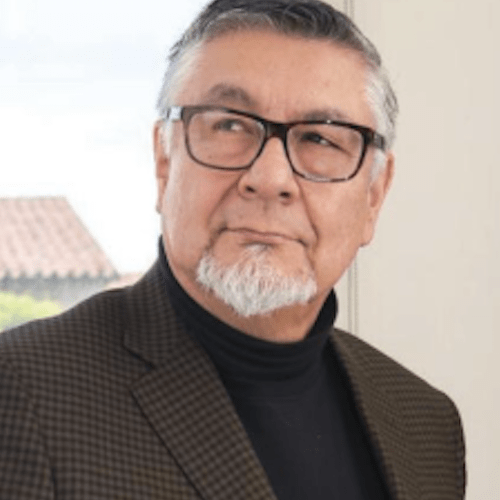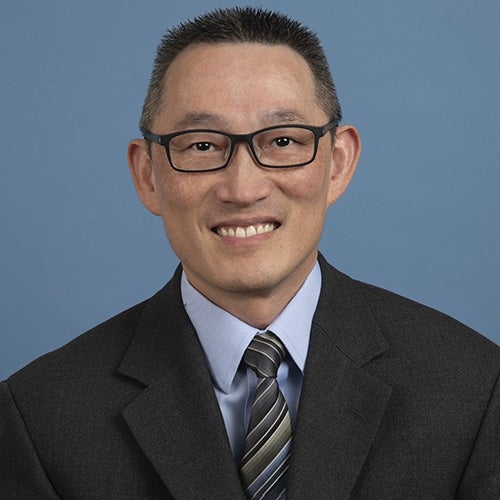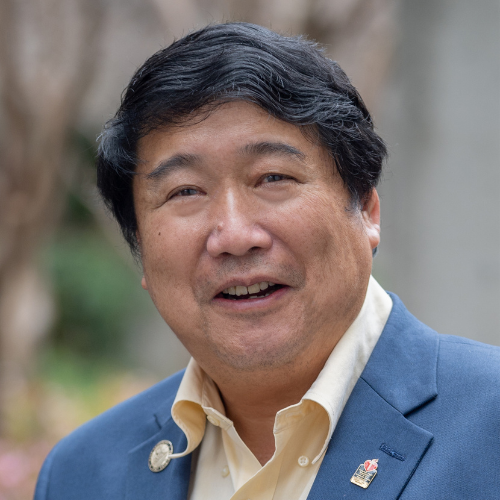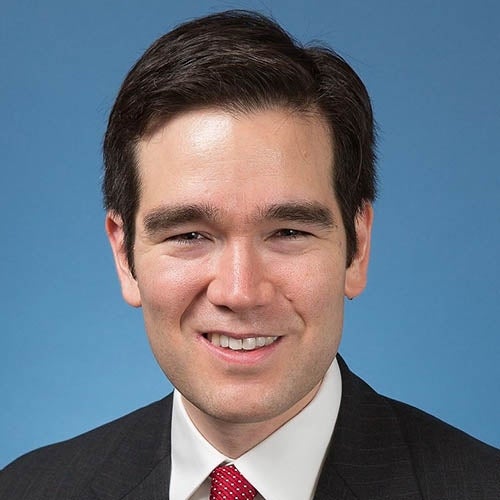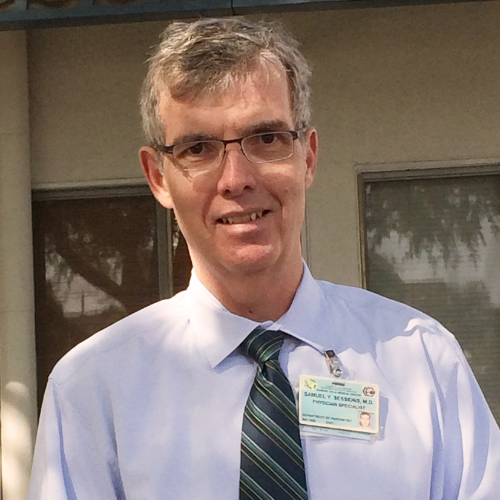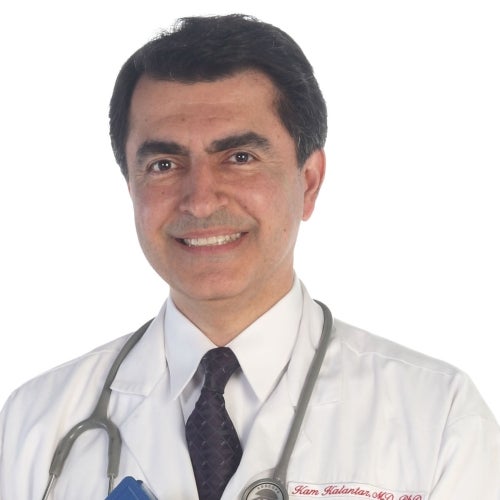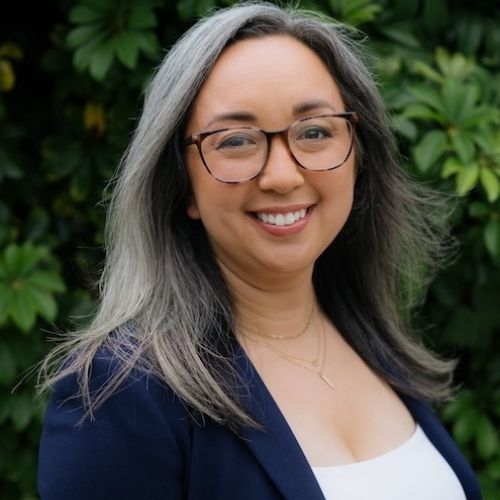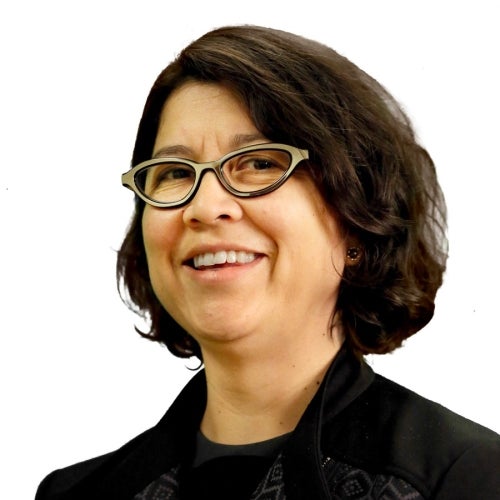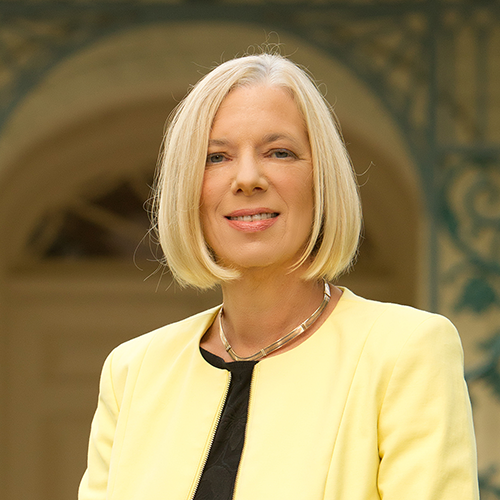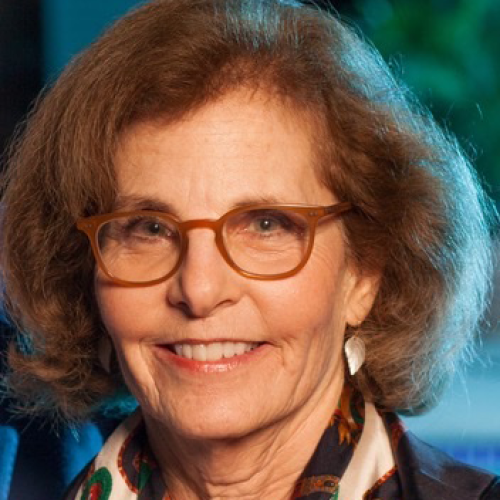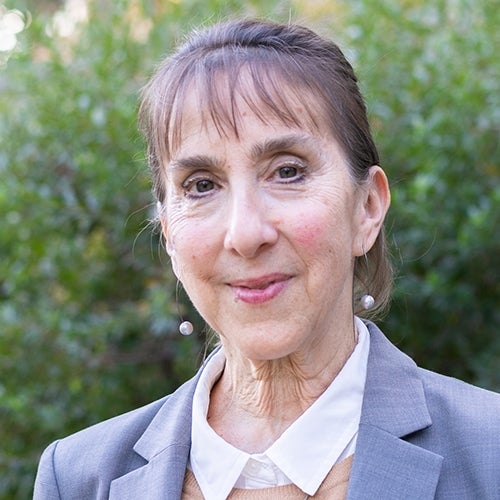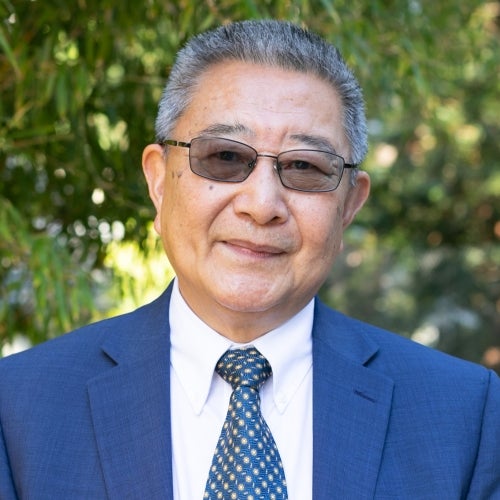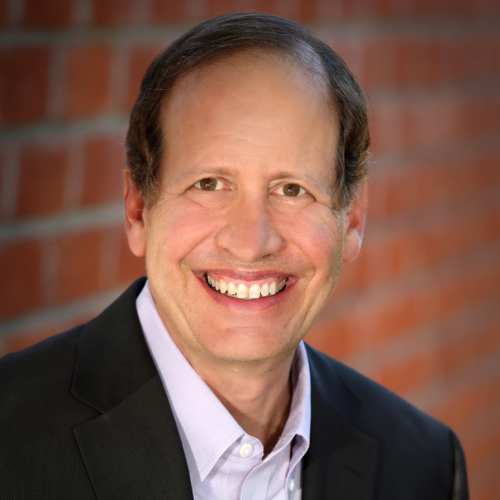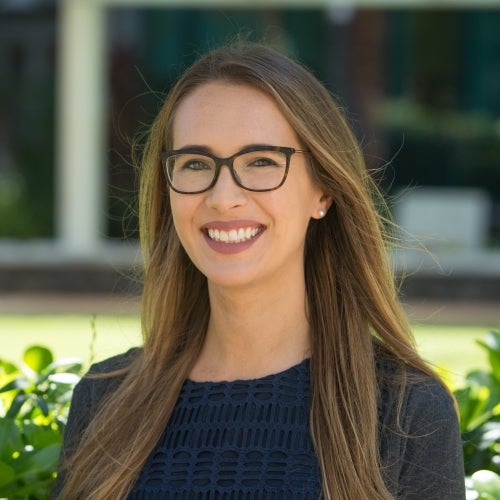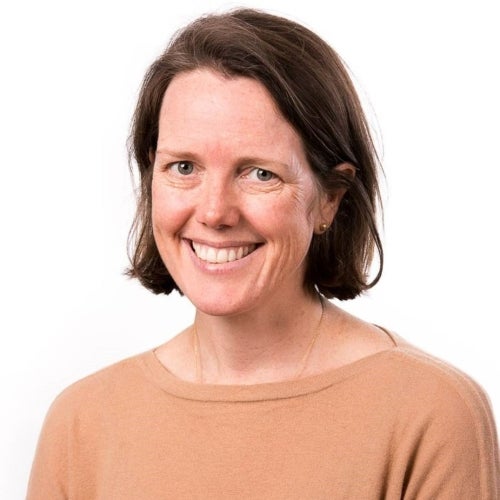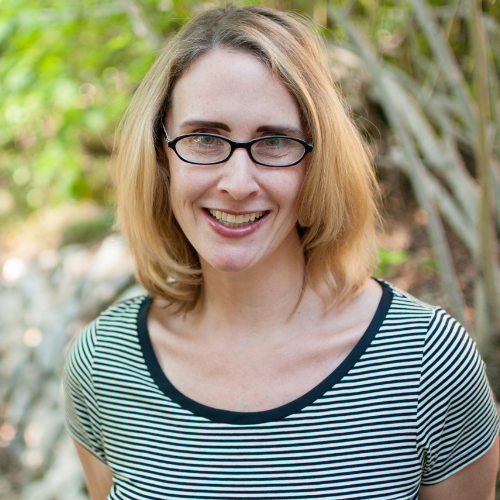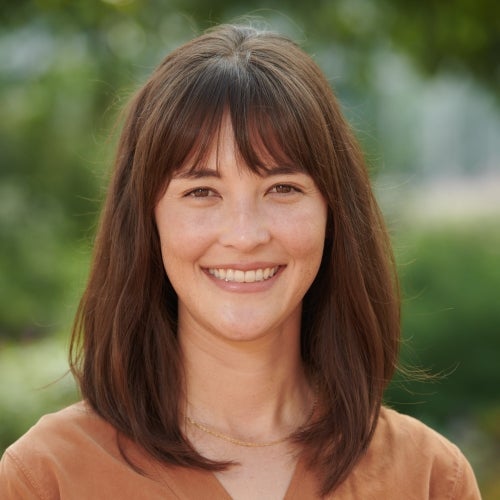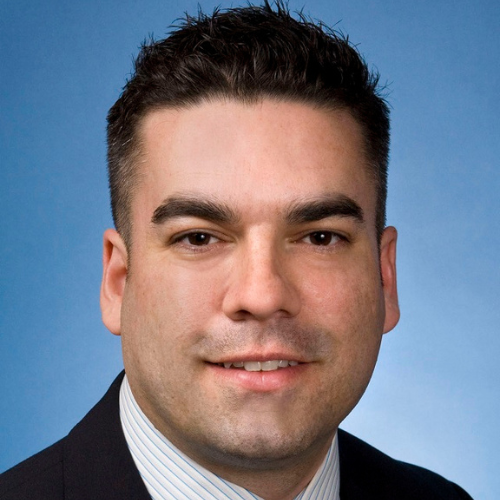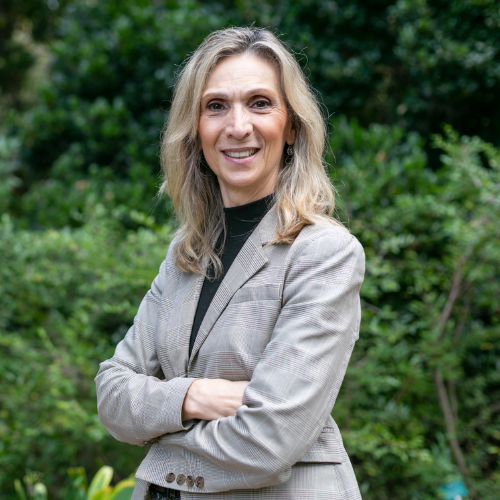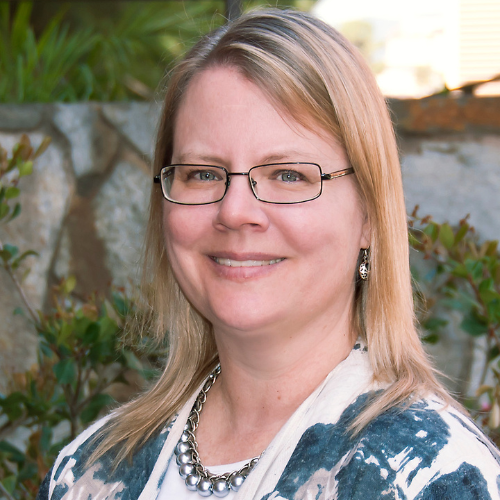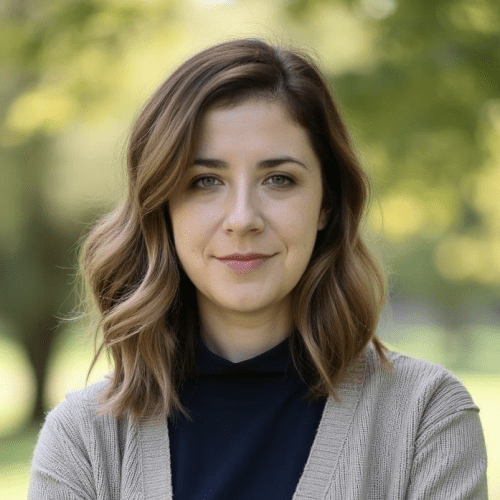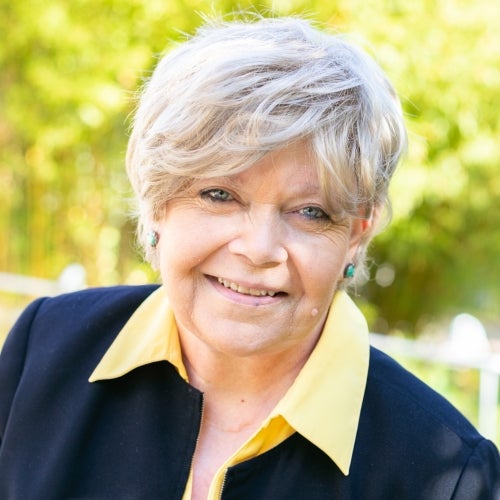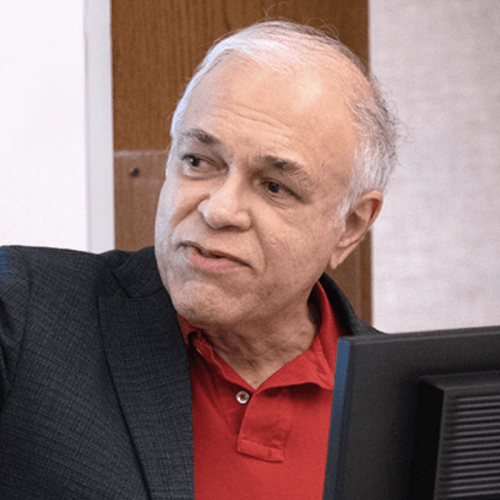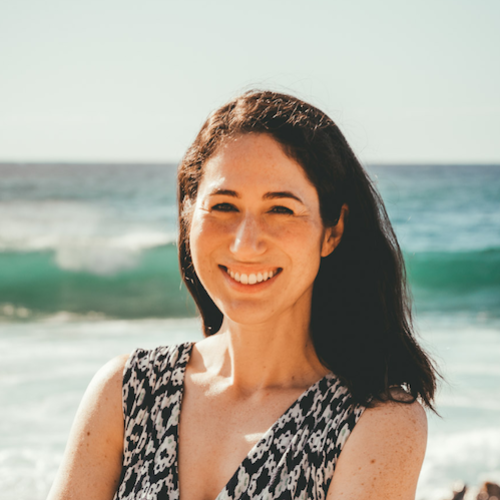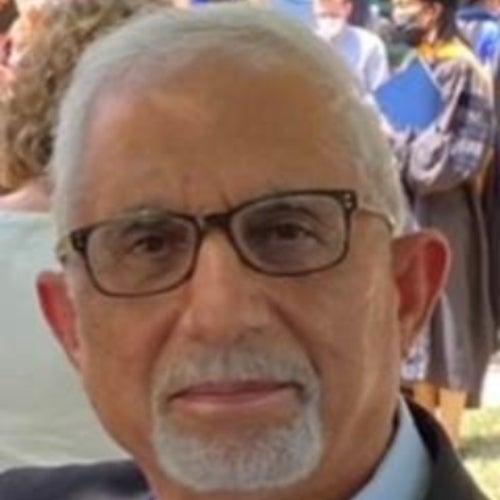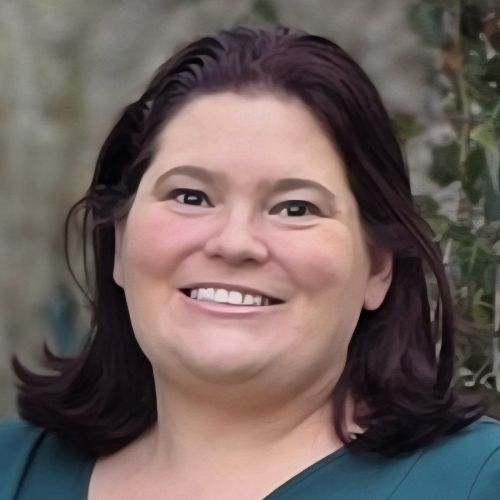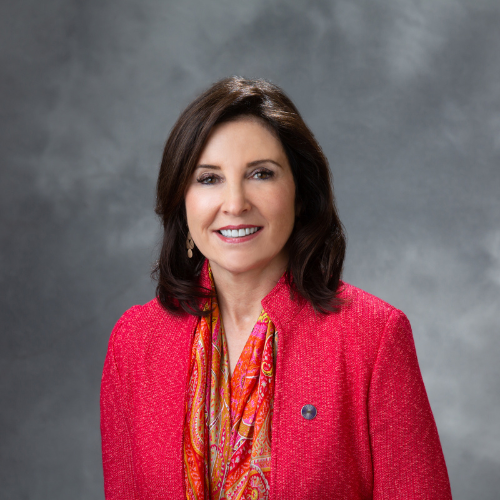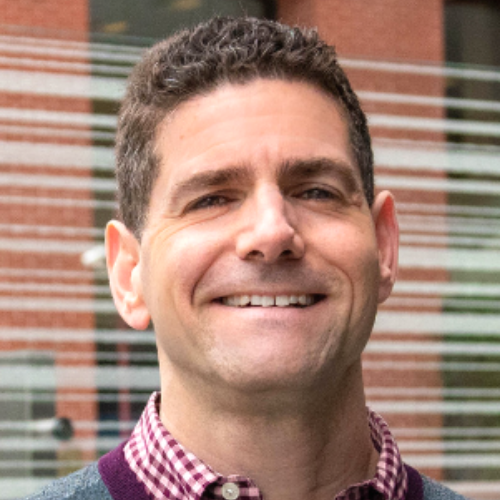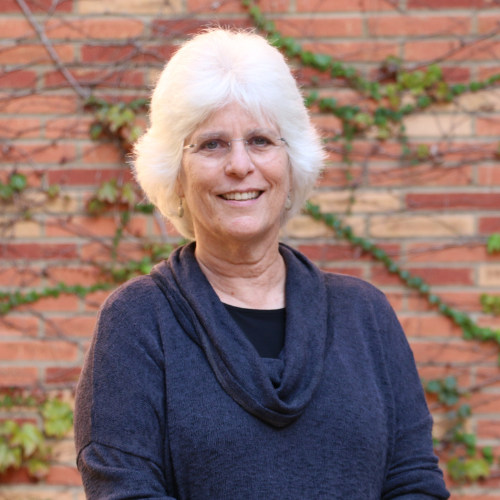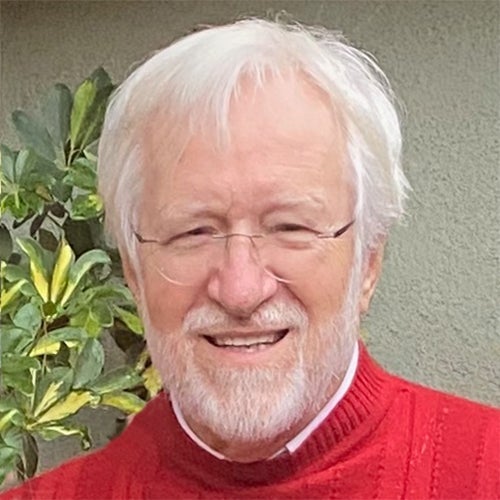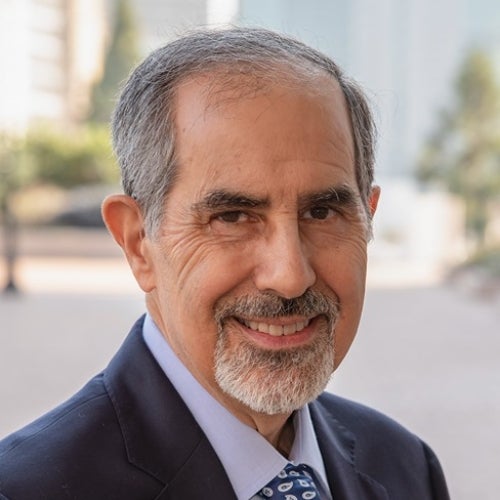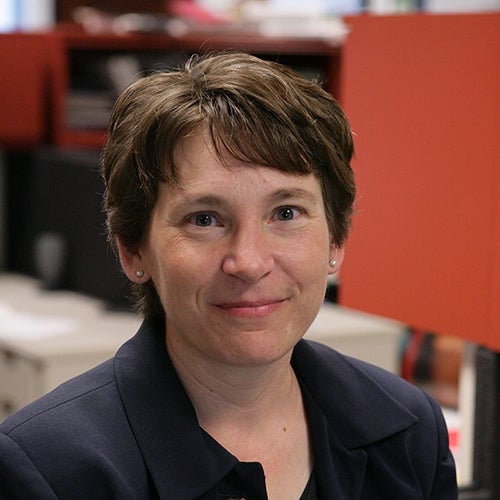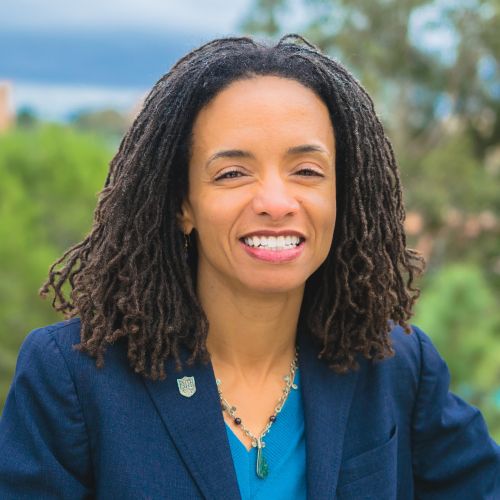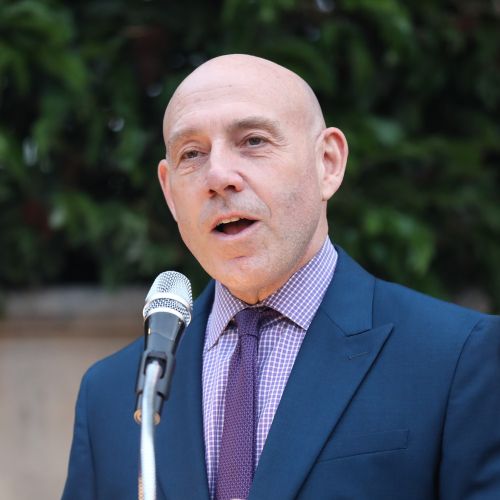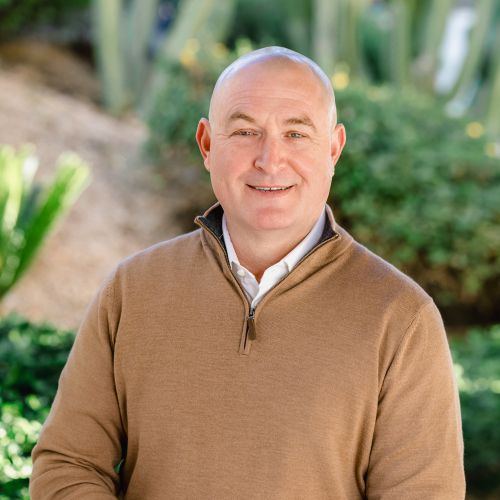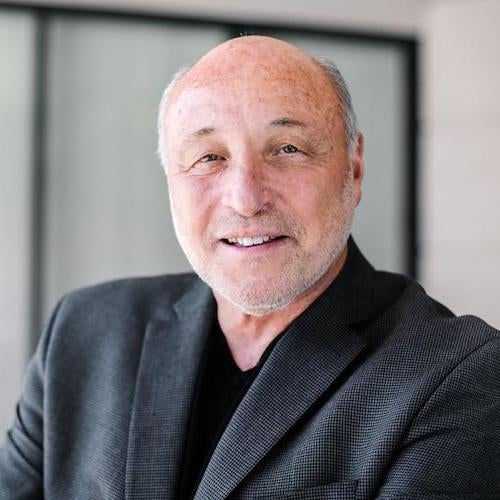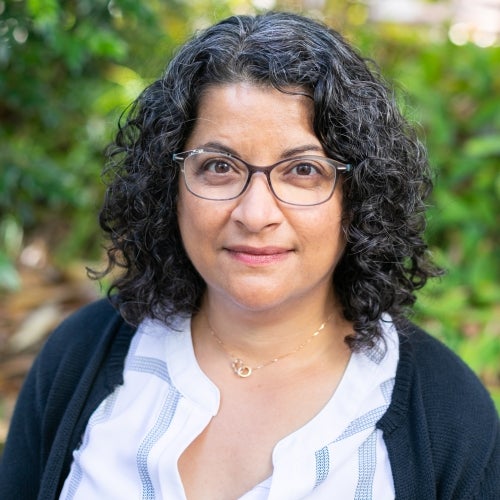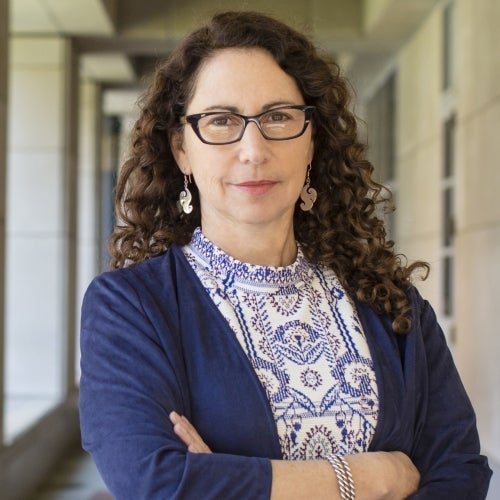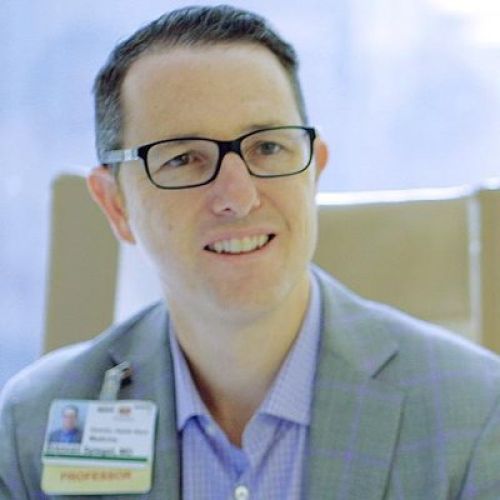UCLA Fielding School researchers investigate costs of COVID-19-related treatments for California's farmworkers
David Hayes-Bautista & Paul Hsu found that CA's farmworkers are among the most vulnerable to COVID-19 because of low wages & limited health insurance.
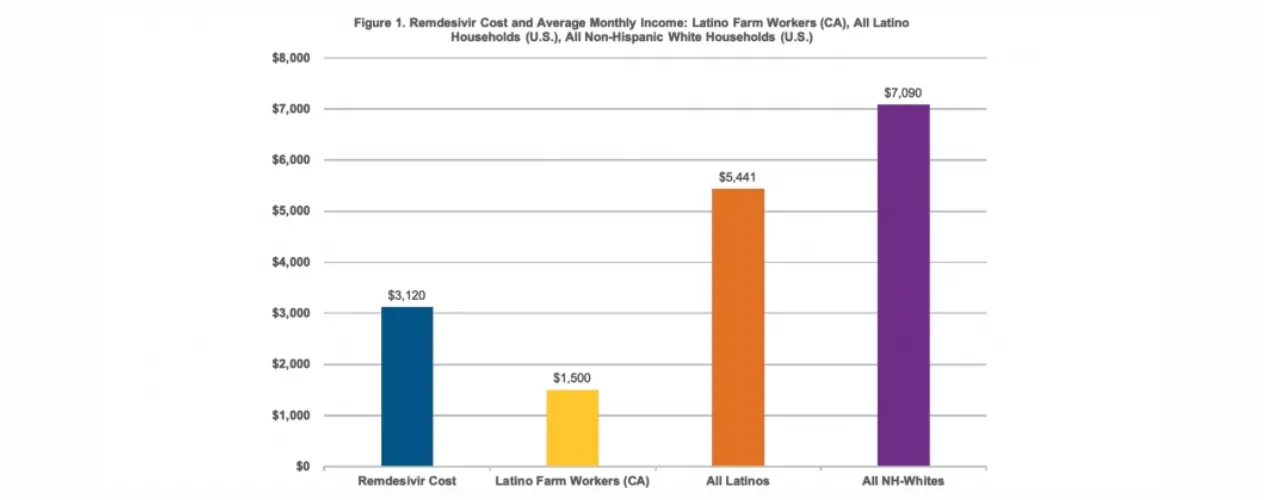
UCLA researchers have found that that California's farmworkers are among the most vulnerable to the COVID-19 pandemic because of their low wages and limited health insurance coverage.
California employs an estimated 800,000 farm workers, who earn an average annual income of less than $18,000. Due to the nature of their work, farm workers labor shoulder to shoulder, often without any personal protective equipment (PPE). If a farm worker becomes infected with COVID-19, the cost of a course of remdesivir treatment ($3,120) amounts to more than two whole months’ income for them.
Because they rarely have health insurance, in order to pay for such a course of treatment, a California farm worker would have to go entirely without meals, housing, and transportation for two months (60 days). Otherwise, that farm worker would be placed under a great financial burden by this crippling medical debt, which could trap their family in poverty.
“Agriculture and film are two of the top industries in California,” said David E. Hayes-Bautista, a professor at the UCLA Fielding School of Public Health (FSPH) and the David Geffen School of Medicine at UCLA, who co-wrote the report. “While the public follows the travails of Hollywood stars dealing with COVID-19, their farm worker counterparts in the state’s economy labor in anonymous poverty, often without health insurance and with extremely limited access to care. They are important to few of us—that is, until we can’t find our favorite food product in the supermarket. We need to protect farm workers, the unsung backbone of California’s economy, whose efforts feed each and every one of us.”
Their work in supplying California’s food and in other essential jobs must be supported. They need to have adequate access to PPE, testing, and public health education, as well as to affordable health care services, regardless of their citizenship status.
“Though additional testing is needed on the efficacy of drugs such as Remdesivir, meant to help COVID-19 patients, such drugs are often not financially accessible to many, especially uninsured low-income populations,” said Paul Hsu, assistant professor of epidemiology at FSPH.
The UCLA Fielding School of Public Health, founded in 1961, is dedicated to enhancing the public's health by conducting innovative research, training future leaders and health professionals from diverse backgrounds, translating research into policy and practice, and serving our local communities and the communities of the nation and the world. The school has 690 students from 25 nations engaged in carrying out the vision of building healthy futures in greater Los Angeles, California, the nation and the world.
Faculty Referenced by this Article

Dr. Ron Andersen is the Wasserman Professor Emeritus in the UCLA Departments of Health Policy and Management.
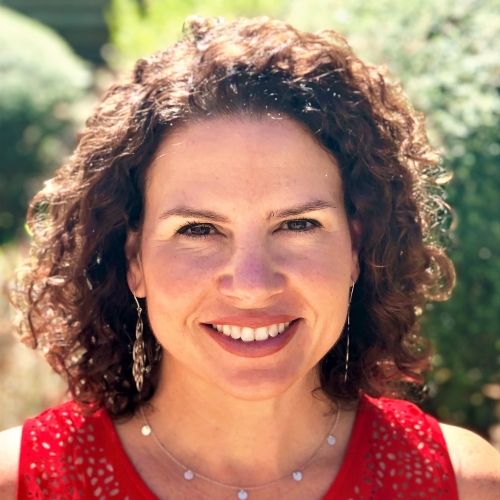
Dr. Joseph Davey is an infectious disease epidemiologist with over 20 years' experience leading research on HIV/STI services for women and children.

Dr. Michelle S. Keller is a health services researcher whose research focuses on the use and prescribing of high-risk medications.
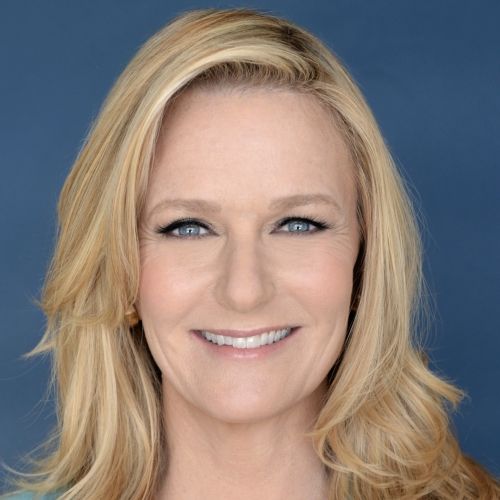
Dr. Anne Rimoin is a Professor of Epidemiology and holds the Gordon–Levin Endowed Chair in Infectious Diseases and Public Health.

Robert J. Kim-Farley, MD, MPH, is a Professor-in-Residence with joint appointments in the Departments of Epidemiology and Community Health Sciences
Nationally recognized health services researcher and sociomedical scientist with 25+ years' experience in effectiveness and implementation research.

Professor of Community Health Sciences & Health Policy and Management, and Associate Dean for Research

EMPH Academic Program Director with expertise in healthcare marketing, finance, and reproductive health policy, teaching in the EMPH, MPH, MHA program
